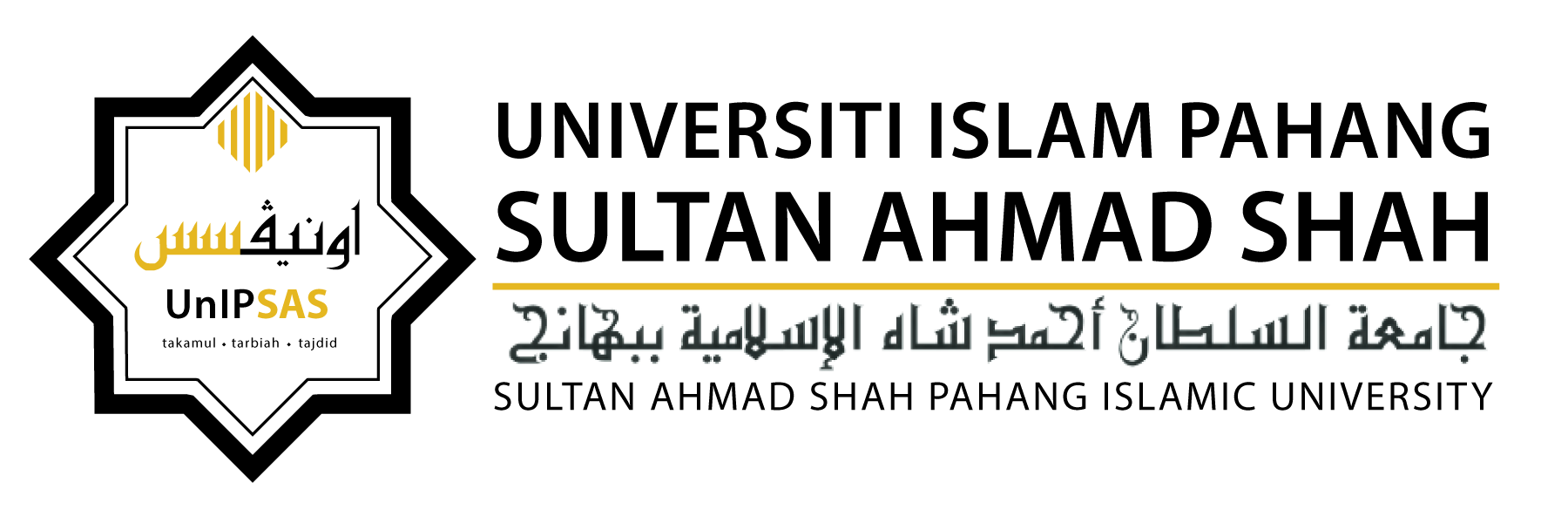THE ELITE MUSLIM’S ACCEPTANCE OF EDUCATION WAQF PRACTICES IN PAHANG STATE
DOI:
https://doi.org/10.64398/alsirat.v22i1.258Keywords:
Education waqf, Muslim, the elite, KuantanAbstract
This study aims to identify the elite's acceptance of education waqf practices in Kuantan Pahang. A total of 127 respondents were involved in this study consisting of 77 men and 50 women with an age range of 30 to 69 years from among the elite. For this study, the selection of respondents was based on random selection in the Bukit Istana area, Kuantan. The study data was then analyzed using the Static Package for the Social Science 22 software. All respondents were Muslim and consisted of government officials, private officials and businessmen with the majority being businessmen (55.1%), followed by private officials (24.4%) and government officials (20.5%). A total of 50.4% or 64 people were aware of the existence of educational waqf practices in Malaysia and the remaining 49.6% or 63 people said no. The results of the study show that there is no significant relationship between the background and the aspect of accepting the concept of educational waqf (r= -0.069, p=0.439. While the background factor with the aspect of practicingeducational waqf of the respondents has a significant relationship (r= -0.069**, p =0.000). This study also found that Muslims who have moreproperty will tend to give waqf based on the respondents (the elite group) inKuantan, Pahang.
Downloads
Published
How to Cite
Issue
Section
License

This work is licensed under a Creative Commons Attribution-NonCommercial 4.0 International License.





